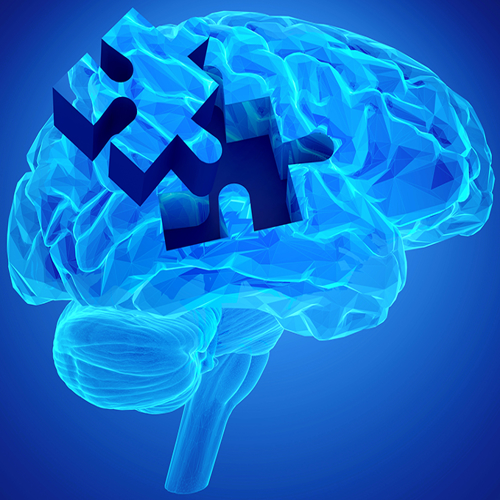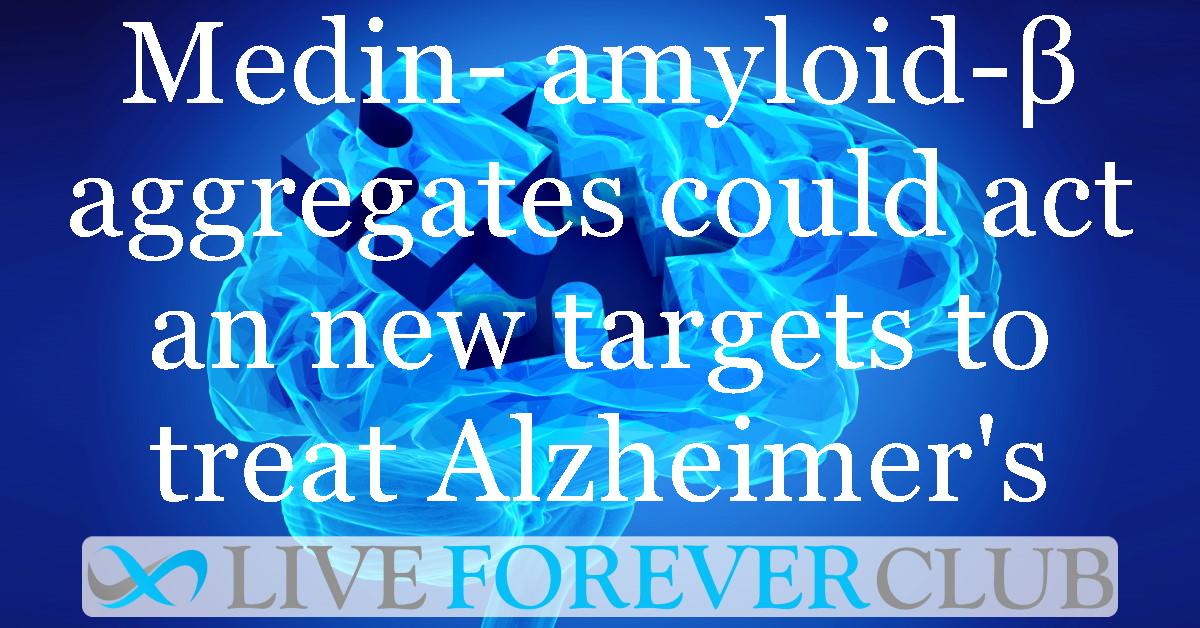Key points from article :
Researchers discover the link between the protein medin and Alzheimer's disease.
The protein medin is deposited in the blood vessels of the brains of Alzheimer's patients along with the protein amyloid-β.
These aggregates then deposit both as so-called plaques directly in the brain tissue, but also in its blood vessels
"... able to show that pathological changes in the blood vessels of Alzheimer's patients are significantly enhanced by medin," says Jonas Neher, who led the study.
When mice were genetically modified to prevent medin formation, significantly fewer amyloid-β deposits developed, and less damage to blood vessels occurred.
"Amazingly, medin interacts directly with amyloid-β and promotes its aggregation – this was completely unknown," Jonas Neher
Researchers draw hope for the development of a new treatment.
It will now be necessary to determine if medin aggregates can be removed therapeutically
The study was carried out at DZNE and was published in Nature.






